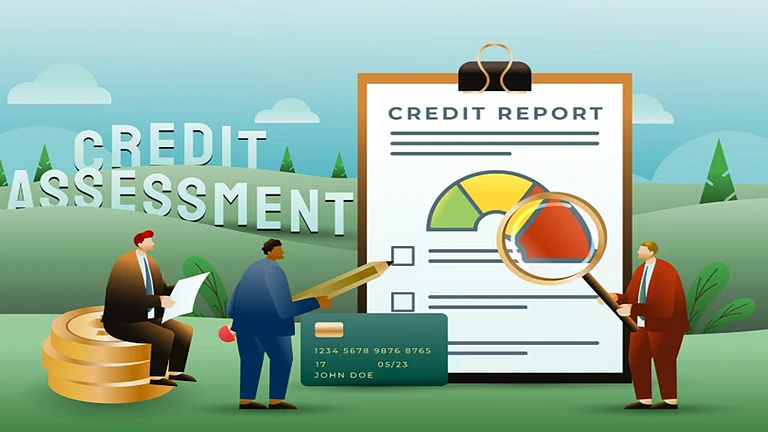
Summary of this article
RBI mandates CICs to update credit scores weekly
Weekly updates will make borrower credit changes appear faster
Lenders will get fresh data for quicker credit decisions
The Reserve Bank of India (RBI) has announced a key change to how credit scores will be updated across the financial system. Starting April 1, 2026, credit information companies (CICs) will update consumer credit scores every seven days.
At present, the changes take place every 15 days. The new cycle is meant to provide lenders with more current information and cut down on delays that affect loan approvals.
Banks will send full customer data to credit information companies by the 3rd of every month. After that, they will share only incremental updates on the 7th, 14th, 21st, 28th and last day of the month. This will let the weekly changes appear in the credit score, instead of waiting for a longer cycle. The new structure is designed to make sure repayments, missed payments or corrections reflect faster in the system.
Faster Reflection of Repayments and Credit Behaviour
The new update cycle means that any payment made by the borrower will appear sooner. When the customer pays a credit card bill on time or clears the equated monthly instalment (EMI) on a loan, the improved credit score will show up within a week. This could lead the borrowers toward better credit opportunities through higher limits or cheaper rates of interest. Customers can also find out errors in a credit report much earlier and seek correction rather than wait for the longer update window.
Faster updates will also provide lenders with more accurate risk assessments. Banks rely on up-to-date credit information to assign loan limits, and even to verify eligibility. Quicker updates allow them to depend on more recent data instead of two or more weeks-old information. This increases the quality of the lending decisions, making it less uncertain for both lender and borrower.
Stronger Credit System with Quicker Data Flow
The move is expected to bring more transparency in the credit reporting system. Any financial behaviour by borrowers will be reflected quickly, and lenders will get timely information to process applications.
The revised process also aids in better monitoring of retail credit. Since the changes are reflected on a weekly basis in the system, the banks can monitor the repayment patterns more closely.










